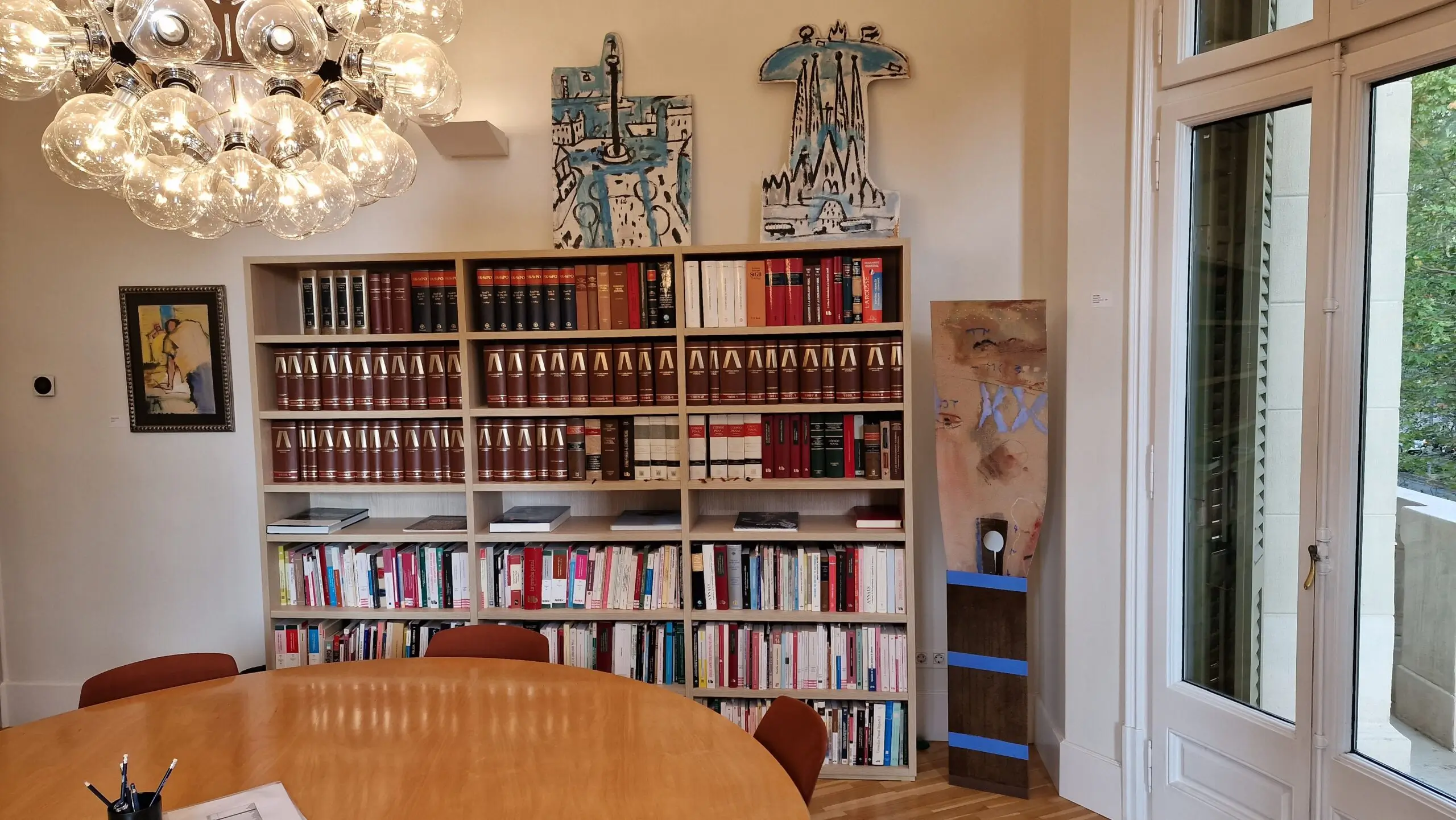
Limits to police video-surveillance as a valid source of evidence. Commentary on STC no. 92/2023.
On 11 September 2023, the Constitutional Court handed down Ruling no. 92/2023. In this decision, the Court ruled on a request for defence which, according to the Court, is of particular constitutional importance in relation to the fundamental right to privacy (art. 18 EC): the validity of the images obtained by the police in a garage of a neighbour’s community through the installation of cameras to record images, without the mandatory permission of the neighbour’s community and without judicial authorisation to do so.
In the case analysed, Criminal Court no. 4 of Barcelona sentenced two people to three years and one day in prison and a fine of 600,000 euros for drug trafficking in the form of substances that do not cause serious damage to health. The defence of the defendants alleged that their right to personal privacy was violated, as the police installed these recording devices in the communal garage where the vehicle of one of the defendants was parked and where 44 kilos of hashish were found when it was searched. The Criminal Court 4 of Barcelona understands that “garages are not considered to be a constitutionally protected domicile, and therefore the video recordings obtained in these spaces do not require judicial authorisation and are valid as evidence against the prosecution to rebut the presumption of innocence”.
The defence appealed the sentence, alleging, among other reasons, that the search of the property and the vehicle in which the drugs were seized was the result of a previous illegal recording of images that would be invalid as evidence against the prosecution to rebut the presumption of innocence of their clients. The Court rejected the plea put forward by the defence of the defendants on the grounds that the aforementioned recording of images would be covered by art. 588 quinquies a of the LECrim, as a garage cannot acquire the protection provided for in art. 18.2 of the EC “as it is an enclosed space of private ownership but public in terms of its use, although with restricted access”. Subsequently, the representation of the convicted parties lodged an appeal in cassation, which was rejected on the grounds of lack of interest in the case.
In the appeal for amparo, the nullity of all the proceedings was requested, since, in the appellants’ opinion, the entire police investigation into the events was based on the capture of these images, with all the other incriminating evidence deriving from the controversial capture.
In the aforementioned decision, the Constitutional Court concluded that the appellants’ right to personal privacy had been violated. It is true that the Judicial Police can obtain the recording of images in the framework of a criminal investigation without legal authorisation as long as they are made in public spaces. However, the Court considers that both the Criminal Court and the Provincial Court made an extensive interpretation of the concept of public place or space by classifying as such the garage of a community of owners, when it is an enclosed place of private ownership, public in terms of its use, but of a restricted nature. This is why the Chamber considers that the defendants had a reasonable expectation of privacy with respect to the place where the video-surveillance cameras were installed.
Having established the above, there must be “express legal authorisation for the judicial police to interfere with a person’s right to privacy or their own image, within the framework of a judicial investigation aimed at clarifying the authorship, causes and circumstances of the crime”. And this is because any interference that affects the fundamental rights of citizens – in this case the convicted persons’ right to personal privacy – requires legal authorisation, which was not obtained in the present case.
Consequently, the evidence obtained would be unlawful and therefore null and void. As this evidence could have been essential to reach the factual conclusion that would have led to the conviction of the appellants, it is agreed to return the proceedings to the time prior to the ruling of the Judgment, so that the Criminal Court can draw up a new Judgment, assessing whether, with the rest of the evidence, the conviction can be upheld.
It should be noted that one of the magistrates signed a dissenting opinion to this Judgment, considering that there is no reasonable expectation of privacy with respect to a communal garage, because those who are in this kind of space are exposed to the gaze of any person with access to the place in question. He adds that legally guaranteeing the confidentiality of the activities carried out in a communal garage would not, in any case, be necessary to maintain a minimum quality of life, the ultimate basis of the right to privacy according to the reiterated doctrine of the Constitutional Court.
